Werb Lab members
|
Zena Werb Principal Investigator 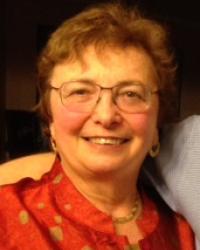 |
Zena Werb received her BS from the University of Toronto. Under the mentorship of the late Professor Zanvil A. Cohn, Zena received her PhD in cell biology from The Rockefeller University, New York. Her post-doctoral work was completed at the Strangeways Research Laboratory in Cambridge, UK. After a year as a faculty member at Dartmouth Medical School in Hanover, New Hampshire, she joined the University of California, San Francisco, as an Assistant Professor in the Laboratory of Radiobiology. She is currently the Professor and Vice-Chair of Anatomy at the University of California, San Francisco. |
|
Su-Yang Liu Postdoctoral Fellow 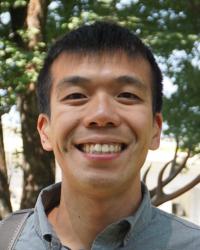 |
My research interest is on the immunity of colon cancer and liver metastasis. I study the interactions of neutrophils and other myeloid cells with colon cancer metastasis using immune competent mouse models as well as the role of myeloid cells in the early development of colon cancer in mouse models harboring specific driver mutations of colon cancer. I completed medical school and graduate studies in the area interferon and virology at UCLA, followed by anatomical pathology residency training at UCSF with a focus on gastrointestinal and liver pathology. I like to run and need at least one cup of really good coffee in the morning to keep my hand steady during mouse surgery. |
|
Kevin Metcalf Postdoctoral Fellow 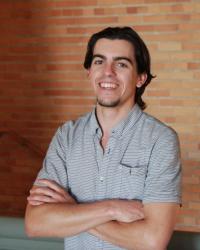 |
Kevin is a chemical engineer interested in new antibody therapeutics to treat metastatic cancer. He received a B.S. in chemical engineering and chemistry from the University of Wisconsin-Madison. Under the mentorship of Professor Danielle Tullman-Ercek, he received a Ph.D. in chemical engineering from the University of California, Berkeley. As a graduate student he studied therapeutic protein production supported by a graduate student fellowship from the NSF. In postdoctoral work at Northwestern University, he studied new antibody conjugates under the mentorship of Professor Milan Mrksich. Currently, he is an American Cancer Society postdoctoral fellow in the Werb lab. |
|
Eric Berens Postdoctoral Fellow 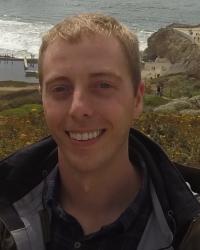 |
Eric earned a B.A. in Biology from St. Olaf College and a M.S. degree from the University of Minnesota. During his Ph.D. at Georgetown University, he found new roles for unstudied genes in cancer cell vascular invasion -- a crucial step in the metastatic cascade. In the Werb Lab, Eric seeks to learn more about the genes and cellular interactions that promote breast cancer metastasis. His favorite research techniques surround cell biology and fluorescent imaging. |
|
Juliane Winkler Postdoctoral Fellow 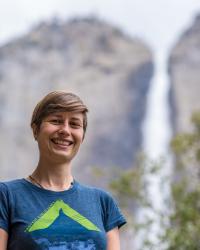 |
Juliane studied Pharmacy at the University of Leipzig and received her Ph.D. at the University of Heidelberg. In her Ph.D. work, she focused on the influence of nuclear transport mechanisms on the development and progression of hepatocellular carcinoma (HCC). Eukaryotic cells fundamentally rely on a selective and highly efficient nucleocytoplasmic transport system. In a cancer cell almost all cellular processes and signaling cascades are dependent on a nuclear transport for maintaining their malignant phenotype. Juliane found, that a special nuclear transport cycle, CAS/importin-α1, is highly deregulated in HCC and required to maintain an aggressive phenotype in vitro and in vivo. In her current postdoc project Juliane is interested in the role of the nucleocytoplasmic transport machinery on metastasis development of breast cancer. |
|
Abisola Abisoye-Ogunniyan Postdoctoral Fellow 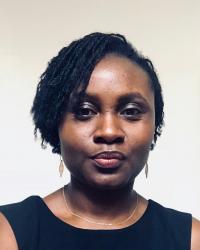 |
Abisola received her BSc from University of Jos, Nigeria. She worked as an Embryologist for three years in one of the leading IVF centers in Lagos, Nigeria. Her love for research propelled her enrollment into graduate school. She received her PhD from Tuskegee University. During which she spent a year at the Center for Cancer Research, National Institutes of Health, Maryland. Her PhD work was focused on targeting tumor associated macrophages as an immunotherapeutic approach for both pancreatic and prostate cancers. In the Werb Lab, she is investigating the role of myeloid cells in breast cancer metastasis for novel immunotherapeutic approaches; and also studying the effects of extracellular matrix remodeling. |
|
Vicki Plaks Postdoctoral Fellow 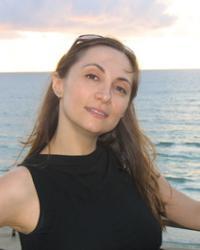 |
My overarching interests are in the mechanisms by which the mammary epithelium and its interactions with the stromal microenvironment mediate normal mammary development as well as cancer transformation and dissemination. I am particularly interested in mammary epithelial (cancer) stem cells. I currently work on three collaborative projects: In the first project we found that Lgr5-expressing cells are sufficient and necessary for postnatal mammary gland organogenesis. They are exceptionally efficient in reconstituting mammary glands from single cells and their depletion significantly inflicts on the ability of the gland to undergo postatal organogenesis. We are now focusing on the role of these stem/progenitor cells in breast cancer. The second project examines how the adaptive immune system contributes to the regulation of normal mammary pubertal development. In this project, we focus on tissue antigen presenting cells and their communications with CD4+ T cells in mediating normal mammary postnatal organogenesis, which have implications for understanding immune surveillance. This project also raises interesting questions regarding possible roles for T cell dysfunction in early stages of breast cancer transformation. In the last project we are studying the early metastatic niche in the lungs of mammary-tumor bearing hosts, focusing on immune cells and extracellular matrix proteins that mediate the creation of such a niche, in support of metastatic seeding and growth. This study specifically aims at validating drug targets and designing therapeutics to treat metastatic disease. |
|
Hugo Gonzalez Velozo Postdoctoral Fellow 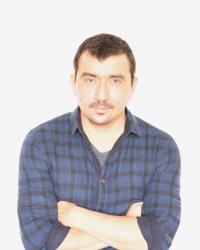 |
Hugo received his PhD from the Universidad Andres Bello of Chile, where he worked with Prof. Rodrigo Pacheco in the associate Institute Fundación Ciencia & Vida. In his PhD, he used a mouse model of Parkinson's Disease to dissect the role of the adaptive immune system during neuroinflammacion and neurodegeneration. In the Werb lab, Hugo is interested in the molecular mechanisms that sustain the infiltration, survival and proliferation of cancer cells in the brain parenchyma during metastatic dissemination from breast cancer. |
|
Zhenjie Xu Postdoctoral Fellow 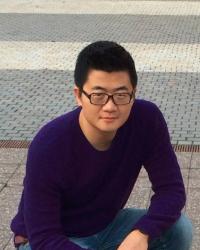 |
|
Ankitha Nanjaraj Lab Manager 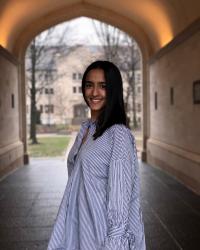 |
research |
|
Elena Atamaniuc Research Technician 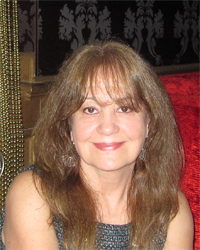 |
|
Isabella Robles Former Undergraduate Student 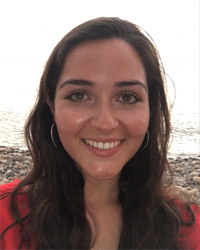 |
In the Werb Lab, through in vivo approaches, Isabella is interested in the study of the cellular and molecular mechanisms used by brain metastatic cells from breast cancer to survive in the brain parenchyma. |
|
Catherine Diadhiou Staff Research Assistant 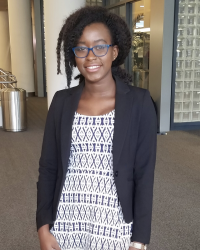 |
Catherine is interested in biomedical research related to the involvement of immune cells in cancer as well as its applications for cancer therapy. |
|
Kiarash Salari Staff Research Assistant |
|
Aamna Abbasi Undergraduate Student  |
I am a 3rd year Molecular and Cell Biology student at Cal. I'm interested in cancer research and translational medicine. |
|
Diane Hu Undergraduate Student 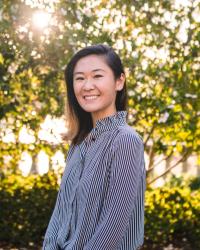 |
"Diane is a 4th year UC Berkeley undergraduate in the Molecular and Cell Biology program. She is interested in translational applications for cancer research, and hopes to be an oncologist." |
|
Shaili Patel Undergraduate Student 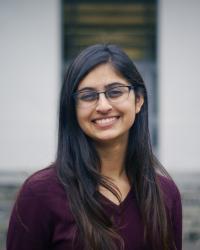 |
Shaili is a third-year student at UC Berkeley studying Molecular and Cellular Biology. She is interested in understanding the role of the immune system in cancer and its implications for translational medicine. |
|
Zhengda Sun Specialist Scientist |